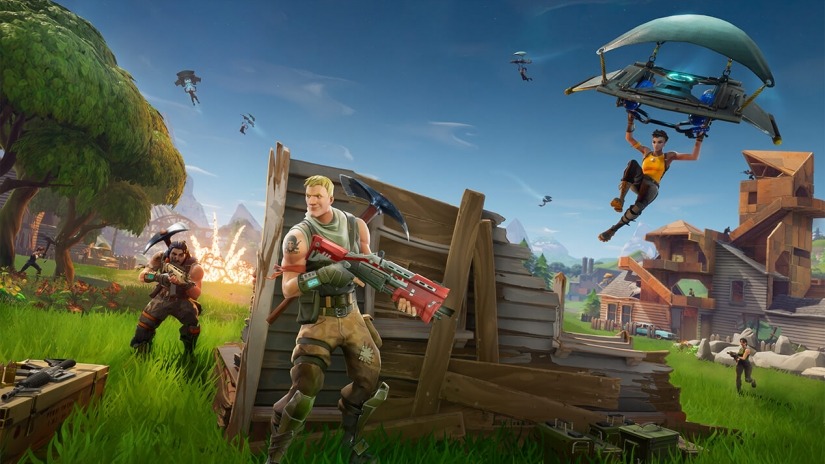According to Netflix, the biggest threat to their entertainment empire isn’t HBO, Hulu, Amazon Prime, or even the upcoming Disney+. No, the company seems to think their biggest competition is Epic’s Fortnite.
“We compete with (and lose to) Fortnite more than HBO,” says Netflix in a recent letter to shareholders. “When YouTube went down globally for a few minutes in October, our viewing and signups spiked for that time…There are thousands of competitors in this highly-fragmented market vying to entertain consumers and low barriers to entry for those with great experiences.”
Netflix goes on to state that they’re not particularly concerned about any single competitor and instead choose to focus on improving the Netflix experience for their subscribers. We’re not sure how that recent price hike from US customers helps improve the Netflix experience, but we suppose they have a lot of faith in the value of their original content.
Still, it’s hard to argue with Netflix’s assessment of the situation. We hear many companies look within their own borders of the entertainment world when identifying their competition. However, Netflix has realised that what that they’re competing for is screen time. As the company points out in their report, YouTube seemingly monopolises more screen time than any of the major video streaming services.
As for Fortnite, Netflix seems less worried about Fortnite directly “stealing” customers from their service, and more worried about how the game seems to be engaging people (especially young users) and causing them to devote more of their screen time to the game rather than watching Netflix. They might retain their subscription money while they play Fortnite and watch YouTube, but they’re right to worry that people might eventually realise they don’t use Netflix as their primary source of entertainment and cancel their subscriptions.
In any case, it’s interesting to hear one of the largest entertainment providers in the world directly reference YouTube and Fortnite as serious competition in an ever-changing digital landscape.

